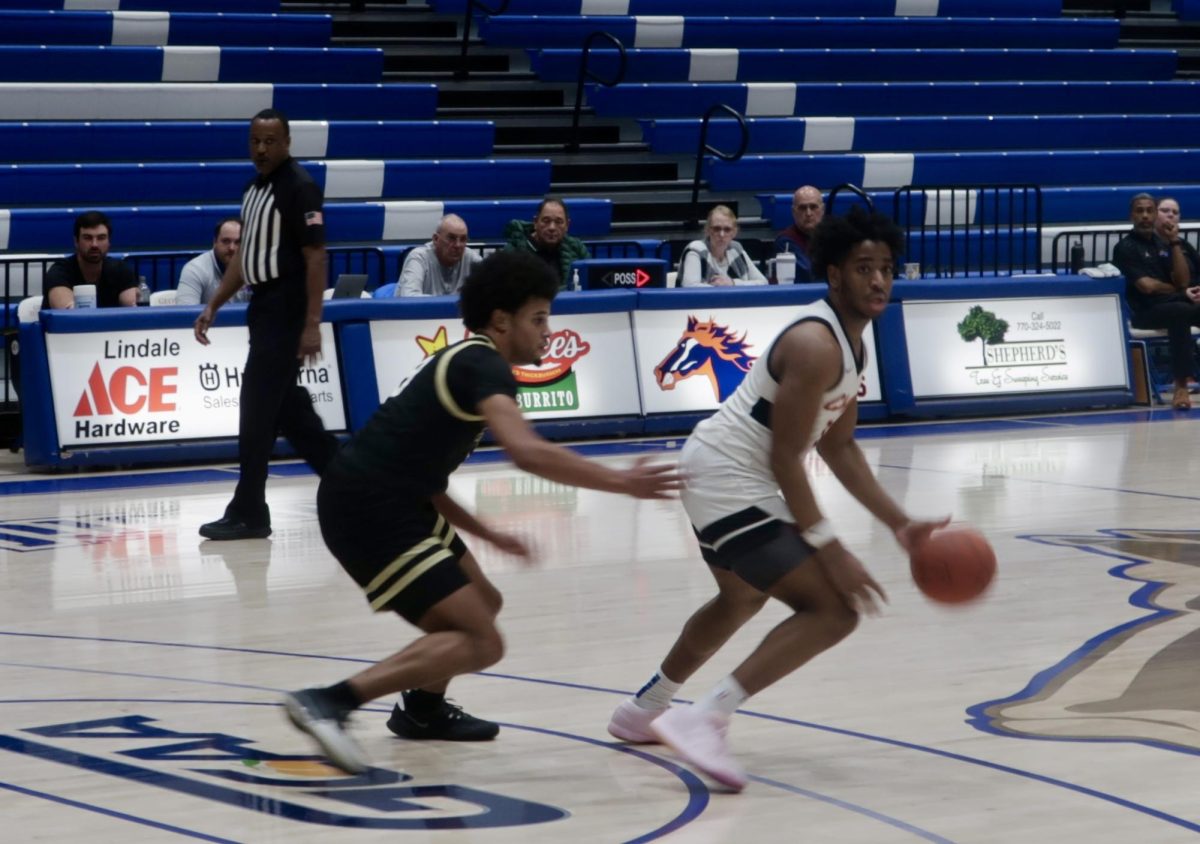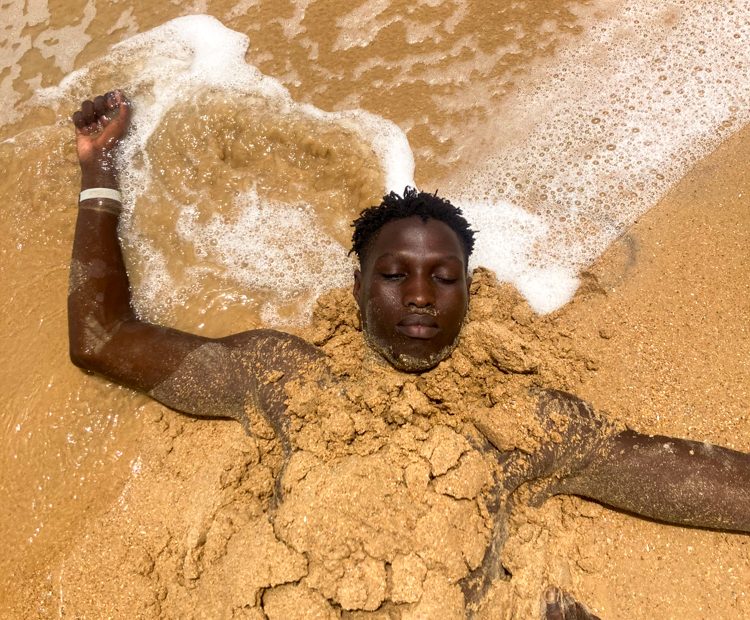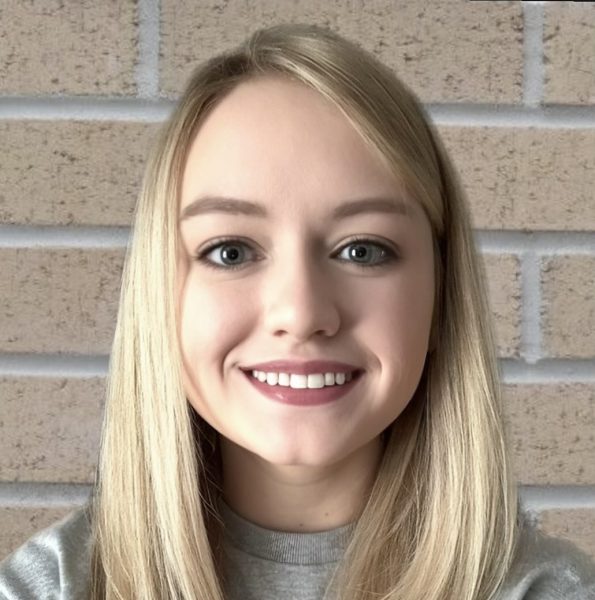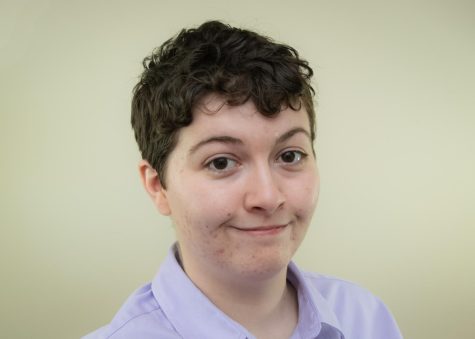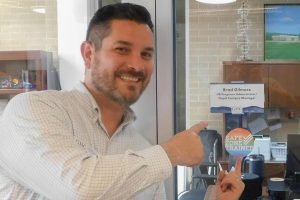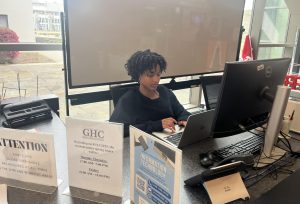Mary Crowe discusses the importance of native heritage
December 14, 2022
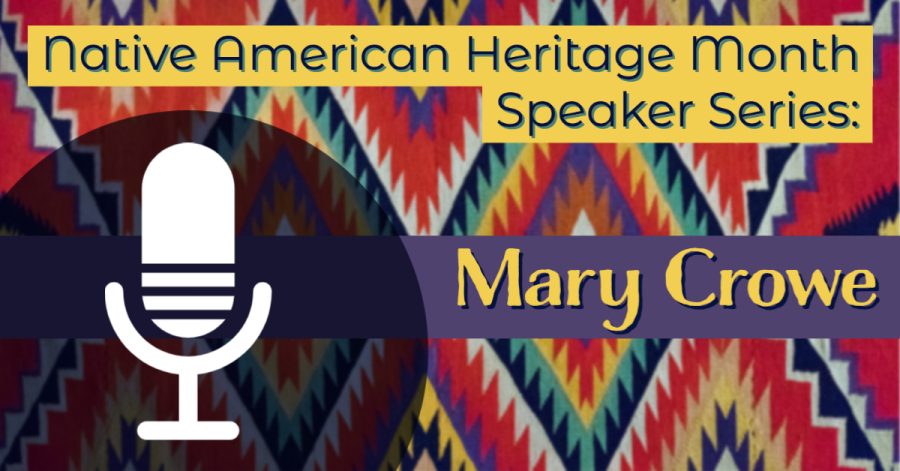
Mary Ella “Missy” Crowe is an Indigenous Just Transition Organizer for the Indigenous Environmental Network and Co-coordinator of the East Cherokee Organization. On Nov. 15, she joined students and staff as a featured native speaker in honor of Native American Heritage Month.
This is the second year GHC has celebrated Native American Heritage Month. Social Sciences and Education Division Chair, Sean Callahan, said he was directed to Crowe by History Instructor Heather Shores.
“Heather reached out to one of her colleagues in North Carolina who is involved with the Eastern Band of the Cherokee Nation, and he offered Mary’s contact information,” said Callahan.
Sidnie Fouraker, Paulding library associate, planned the event with Crowe.
“I am thankful that she agreed to speak with us and appreciative of Sean Callahan, who put me in contact with [Crowe],” Fouraker said.
Crowe discussed many things during the event, such as injustices experienced by natives, politics and the importance of the environment and Mother Earth.
She shared the injustice her parents faced describing them both as being “boarding school survivors.” Her mother and father were forced to go to schools where they were told not to speak their native language or practice traditional indigenous ways.
Crowe has experienced this type of mistreatment as well. “I wasn’t allowed to be who I was as a Cherokee woman on my own land on the Qualla boundary,” she said.
As such, one of the messages Crowe said she brings as an indigenous woman is her experience with decolonization. She explained decolonization as unlearning the things that were forced upon them and learning more about herself and her native heritage.
Crowe and her mother are active in politics to serve as a voice for indigenous people. For example, her mother was the co-author of the Indian Child Welfare Act, a part of legislation towards the rights of indigenous children.
Mother Earth and the environment are also of great importance to indigenous people. The goal of the Indigenous Environmental Network that Crowe is a member of is balancing the nature of Earth with the needs of humans so the two can co-exist in harmony.
“We have to come together on common ground. We have to understand who we are as human beings first and what our responsibility is here on this earth,” Crowe said.
Crowe encouraged the people of Georgia to learn about the original territory of the indigenous groups in the land. She said that her people hope the land can continue to be sustained, maintained, protected and honored as it once was.
In Georgia, where there are not any federally recognized tribes, Danielle Steele, English Division Humanities Chair, said it is important that people don’t just see natives as a month.
“To accomplish that goal with our students and community, we created a series of speaker events, with one being held every Tuesday in November that featured natives from tribes across the country doing things our students can relate to,” Steele said.
Steele is originally from Oklahoma and a member of the Kickapoo Tribe. On Nov. 29, she concluded the native speaker series with a live presentation at the Cartersville campus.
Crowe’s departing advice to attendees of the Nov. 15 event was to learn more about one’s origins and the traditional ways of one’s people.
“I encourage you to find out who you are because that gives you that sense of belonging and that sense of connection,” said Crowe.
For anyone interested in learning more about their own cultures, as Crowe suggested, both the GHC library and public libraries have a subscription to Ancestry that is available for all to access.





























